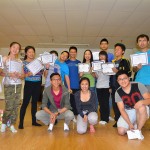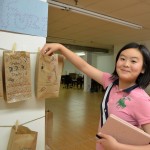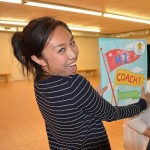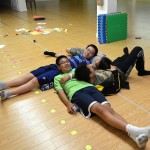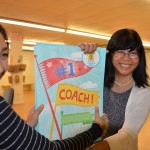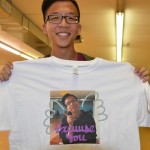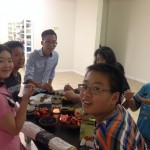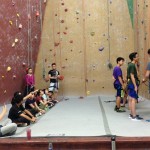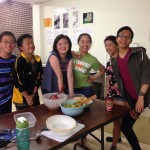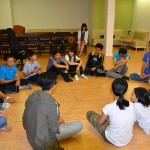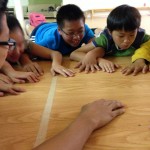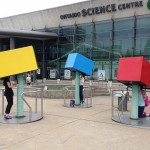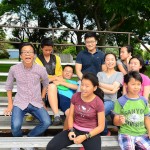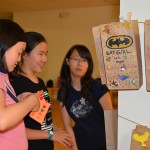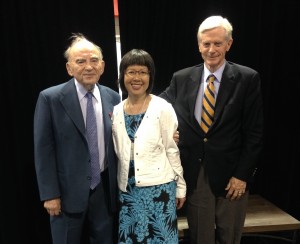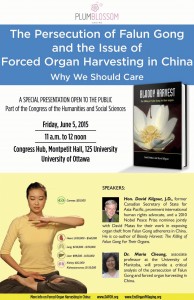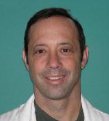Magic Mixed with Awesome and Fun–Youth Camper on PB Leads
This camp made the sad happy, the quiet yappy, and everyone more sunny! Believe me it was more than words could explain… It’s like magical mixed with awesome and fun, all thrown into a giant smoothie of laughter. —-Sunni Zhou, Camper
I like this camp because it lets you interact more with other people. For people who are shy like me, you will be outgoing by the end of this camp. You can learn how to cooperate, have fun and also interact with others more. But there is another part of this camp that you can’t miss. Going on field trips! That’s right, every week, we get to go on exciting field trips like Rock Climbing, Go Karting, and Archery Tag etc.., which makes this camp the best camp in the world.
We shared almost everything with everyone. Our childhood memories, our laughs, our memories from each cooperative game we have done etc… If we could share all of these to your children, parents that are reading this, we could definitely convince you guys to bring your children to PBL. —Davin Ma, Camper
PBC Leads: Developing Leaders
The pilot program under The Plum Blossom Centre struck a balance between academic and non-academic (read: super awesome fun) activities. The purpose was to infuse fun into the process of learning and to help each developing leader find their “intellectual calling”, or in the very least, hone their research, leadership, learning and communication skills. The objective of the program was that participants leave with a good working common knowledge of rights, domestic Canadian issues, Sino-Canadian relational issues, international relations, and some historical and social context in which these matters operate.
Academic: Research, Writing, Analytical Reasoning
The academic component was structured around issues including but not limited to immigrant and refugees, policies that affect young people in Canada,accessibility, income disparities, international disputes, and so on. The program surrounded preparing developing leaders for post-secondary learning, such as academic research skills, formal debate skills, preparing and executing a seminar presentation on a topic of their choice.
Skills-Building: Trust Games, Leadership, Team Sports, Creative Communications
These days, young people will change careers multiple times. Transferable skills are ever more important for this reason.
There was an emphasis on self-reflection: each activity was designed to explore various leadership and learning styles, so that the developing leader can find what works for them. De-briefing sessions followed every activity completed.
Evaluation was done formally and informally, peer-to-peer and counselor/teacher-to-camper. Learning exercises took the form of independent work, but mostly as collaborative work, outdoor team activities and collegial/friendly feedback.
